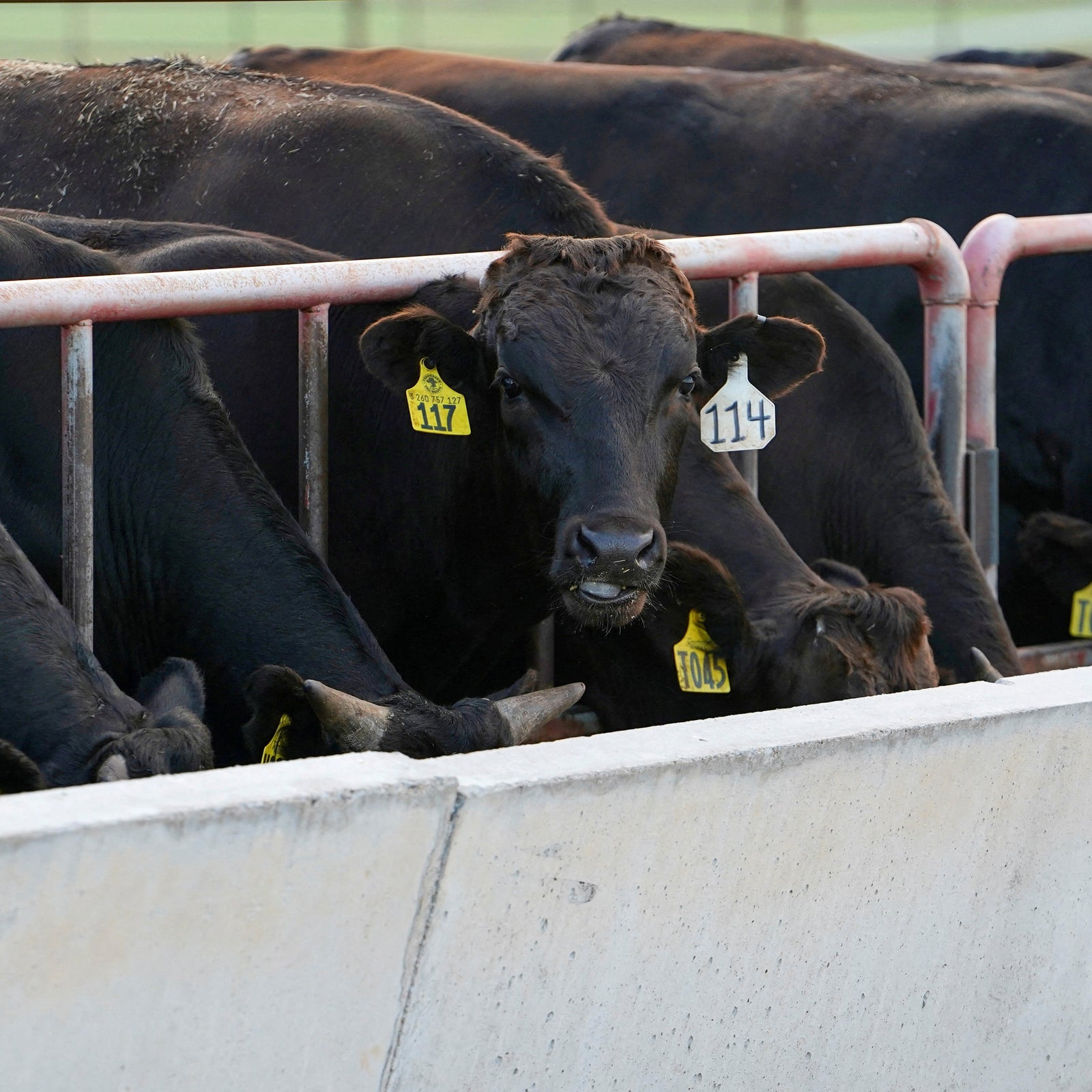Australia Lifts U.S. Beef Restrictions Over Mad Cow Concerns

Australia Eases Restrictions on U.S. Beef Imports
Australia has announced a significant shift in its trade policy by reducing restrictions on U.S. beef imports. This move has been hailed as a major victory by the Trump administration, which claims it removes so-called "non-scientific trade barriers" that have hindered trade between the two nations. The decision comes after years of negotiations and discussions about how to balance trade interests with biosecurity concerns.
Agriculture Minister Julie Collins emphasized that the relaxation of these restrictions is designed to keep Australia free from mad cow disease, also known as bovine spongiform encephalopathy (BSE), without compromising biosecurity. She stated, “Australia stands for open and free trade — our cattle industry has significantly benefited from this.”
The U.S. Department of Agriculture’s Secretary Brooke L. Rollins praised the move, calling it a “major trade breakthrough” that provides greater access for U.S. beef producers in Australia. In a statement titled “Make Agriculture Great Again Trade Wins,” she said, “American farmers and ranchers produce the safest, healthiest beef in the world. It's absurd that non-scientific trade barriers prevented our beef from being sold to consumers in Australia for the last 20 years.”
Background on U.S. Beef Imports
Australia has allowed imports of U.S. beef since 2019, but prior to this announcement, it did not permit beef from Canada or Mexico due to concerns over BSE. The U.S. has implemented new measures to track and trace all cattle from Mexico and Canada back to their farms of origin. Australian authorities have expressed satisfaction with these enhanced control measures, stating they effectively manage biosecurity risks.
While the exact timing of the new restrictions has not been finalized, the move comes amid broader efforts by both the U.S. and the European Union to negotiate trade deals before an August 1 deadline. President Trump had previously criticized Australia’s import restrictions on U.S. beef, leading to the imposition of tariffs on Australian goods.
Concerns Over Biosecurity and Industry Impact
Despite the government’s assurances, some lawmakers and industry representatives have raised concerns about the potential risks associated with importing beef from other countries. Opposition lawmaker David Littleproud questioned whether the decision was made too quickly and called for transparency in the scientific assessments used to justify the change. He urged the government to consider an independent panel review to ensure public confidence in the process.
Mad cow disease remains a serious concern for both animal and human health. According to the U.S. Centers for Disease Control and Prevention, there have been only six cases of BSE in U.S. cattle since the late 1980s and early 1990s. Most of these cases were either atypical or linked to imported cattle.
Will Evans, CEO of Cattle Australia, expressed confidence in the government’s approach, stating that the agriculture department conducted a thorough scientific assessment before making its decision. He noted that the $75 billion Australian beef industry relies heavily on careful management of biosecurity risks.
Market Realities and Consumer Demand
Despite the easing of restrictions, experts suggest that demand for U.S. beef in Australia may remain low. Factors such as the weak Australian dollar and rising U.S. beef prices could limit the appeal of American imports. The average price of ground beef in the U.S. rose to $6.12 per pound in June, up nearly 12% from the previous year.
Simon Quilty, an analyst with Global Agri Trends, believes it is unlikely that U.S. beef will become a common sight in Australian grocery stores in the near future. He suggested that U.S. exporters are more likely to target markets like Japan, Korea, and China, where demand for high-quality beef is stronger.
Future Trade Relations
As Prime Minister Anthony Albanese prepares to meet with President Trump, the issue of U.S. tariffs on Australian goods is expected to be a key topic of discussion. Although their initial meeting at the G7 summit was postponed, both leaders are expected to meet later this year.
The U.S. and Australia have maintained a bilateral free trade agreement for 20 years, with the U.S. consistently holding a trade surplus with Australia. The recent changes to beef import policies reflect ongoing efforts to strengthen economic ties while addressing long-standing trade disputes.
Post a Comment for "Australia Lifts U.S. Beef Restrictions Over Mad Cow Concerns"
Post a Comment